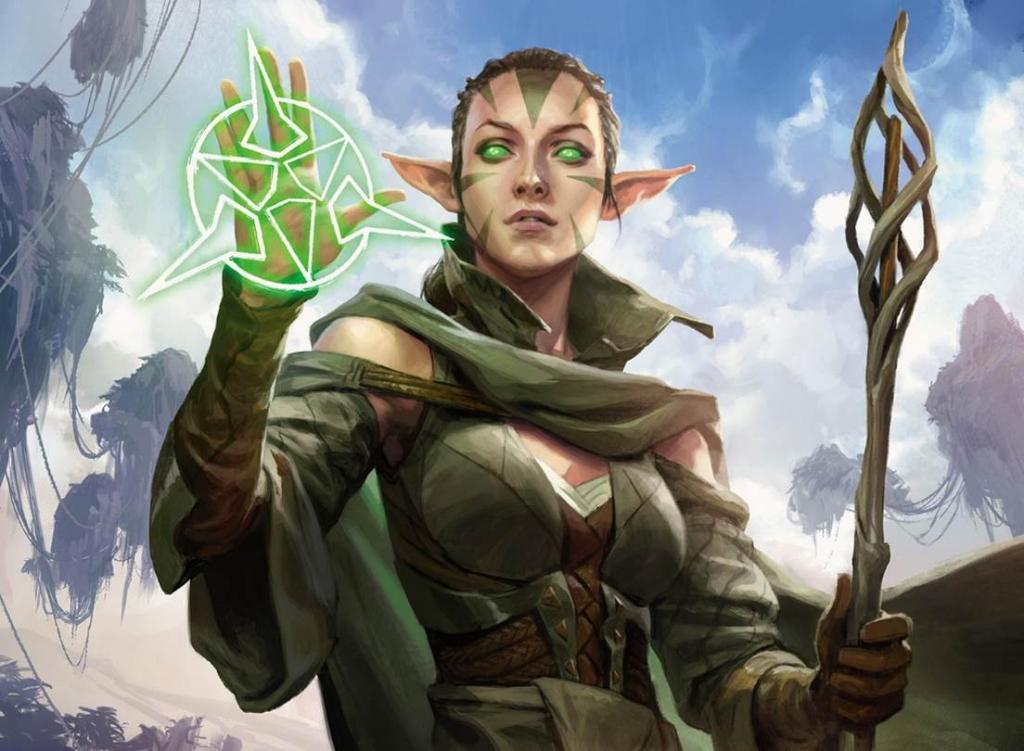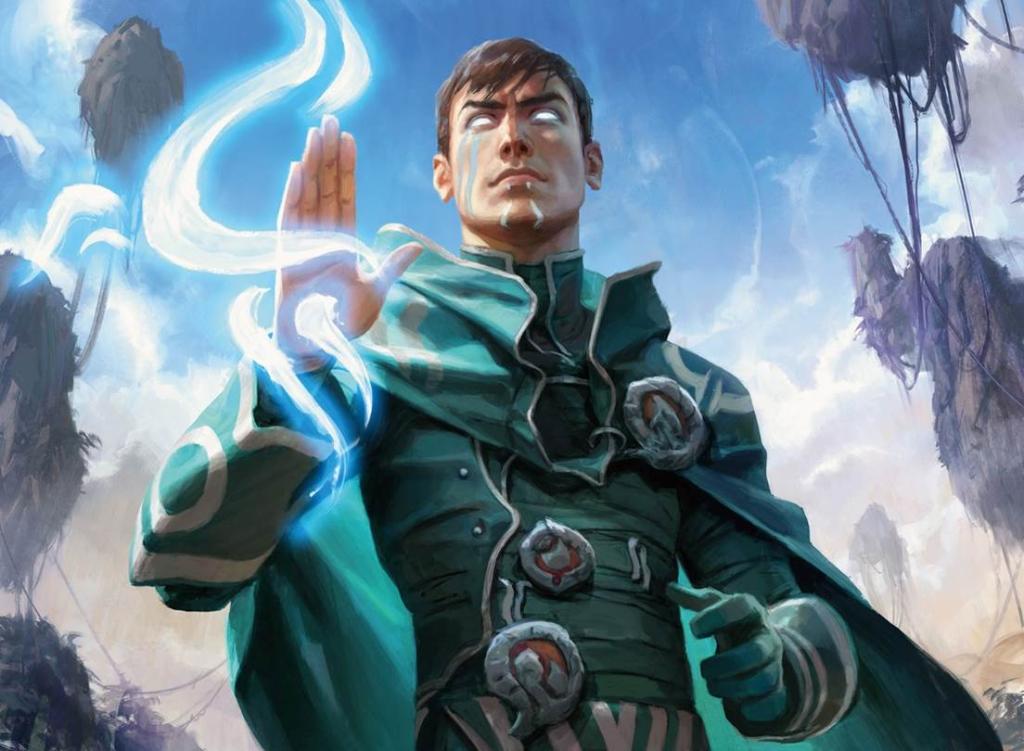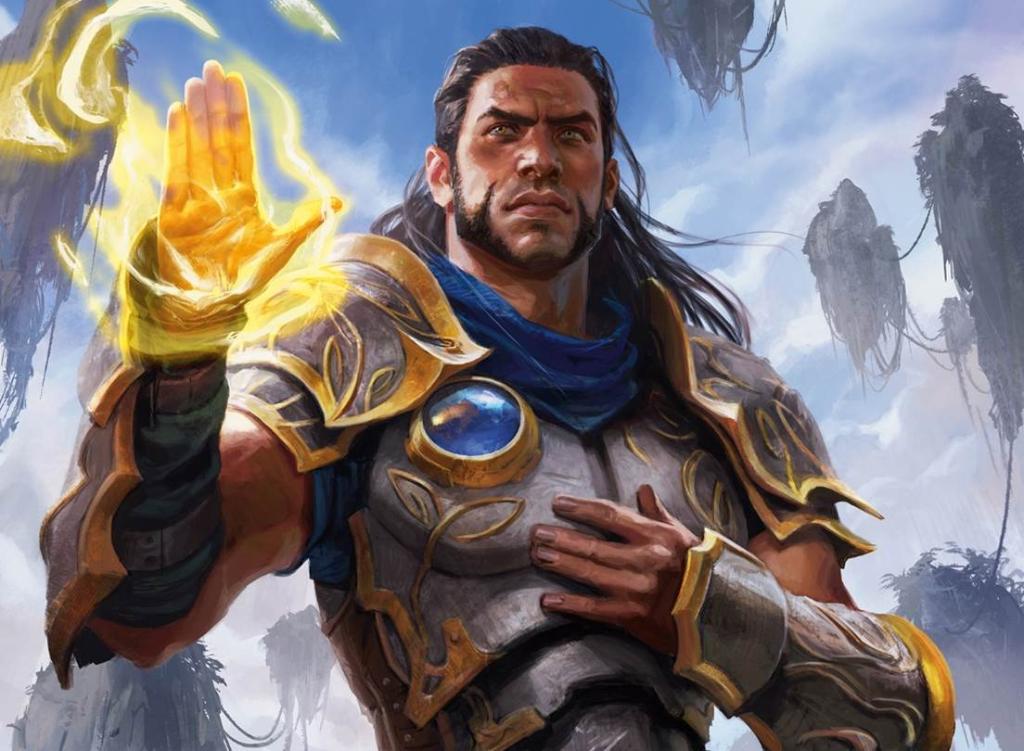Its not necessarily that Magic just exists for people who play Magic (after all, acquisition has been both a priority and a success for them), its that aside from the general principles of NWO (again like seven years ago) innovation through gameplay hasn't really been the tactic they've chosen for acquisition.
I mean, when you put it like this, what's Magic done that's so great since day one? Rosewater (rightly) talks up Garfield's three innovations (the CCG concept, the mana system, and the color wheel) because they're all brilliant in the context of games, even, much less card games in particular. What's it done since? Until Rosewater took over it didn't particularly aim at having any coherent or interconnected style of design from month to month, and his efforts have mostly focused on applying already known design principles from other fields to creating coherency in Magic.
What's ironic to me about this is that Jesse's own hobby horse is Time Spiral block, which is unabashed in its intention to base any and everything it does on what's been done before and the audience's memory of that. Despite the name and concept, there's a lot of ways Future Sight is more conservative than many other sets -- because it can't afford to use any concepts that require real expansion and development (unless they're a throwaway gag, like Contraptions) so every "innovation" it does has to be something that's clever and unique in one card but which (usually) can't stretch any farther.
When you break it down and look at the sets since then, there's plenty of sets with unique concepts (Rise, New Phyrexia, Fate Reforged); a number of creative treatments that expand the tone and style of the game dramatically (Innistrad is the leader here); there's plenty of mechanics that are complex and weird and not quite like something that already existed (manifest is a great recent example, but DFCs and proliferate are some earlier ones); there's tons of stuff happening outside the primary expansions in the supplemental stuff Jesse doesn't consider relevant to his analysis (stuff like Conspiracy, Commander, etc. is way more relevant in terms of innovation about how real people actually play Magic than almost anything you'd see design-wise in an individual block.) None of that gives me the sense that this game I've followed for twenty years is getting more boring or less cleverly designed or what have you in that time.
Ugh, do we really need to hear more about Jesse? Dude had like three set reviews that were on point and pretty everything else he wrote was overlong garbage where he tried to disguise not having anything coherent to say by making them essay length borderline nonsensical rants about dumb shit like how much MaRo sucks.
So you're saying the critique he makes in this article applies equally to himself?

You see this outside of gaming, too, in music, or TV, or whatever else: there's a problem long-term fans of things easily get into, which is... not nostalgia, exactly, but an inability to separate the emotional context of something in a more nascent state from its modern context, stripped of the illusion and covered instead with the patina of familiarity. It's like the seven-year itch, but for hipster nerds. It pushes back on the inevitability of the passage of time by insisting someone's reaction to something should stay the same over the years or else that thing is getting bad, while ignoring that the person's movement through time is having an even bigger effect on
them.
They're not taking real world situations serious and they're increasingly coming off as tone deaf and fairly dismissive of anybody not sitting happily in the middle-to-upper tax bracket. I'm hoping that's not by design, but I'm starting to have doubts.
Every single business in America that hasn't collapsed in on itself has had to narrow to a laser focus on either the extremely poor or the upper-middle-class-and above, and, well, WotC sells fifteen pieces of cardboard in a plastic sack for four dollars so....





